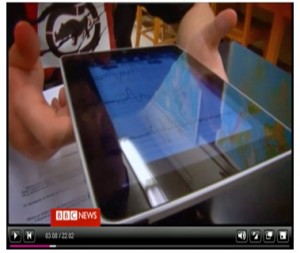It has been a long time since I last posted on this site. There are a number of reasons for this.
Firstly, I retired from my Associate Head of e-Learning post at the Higher Education Academy in July 2011. So, despite my continuing interest in the influences (negative and positive) of technologies on learning it was time to fade gently into the background.
Secondly, Auricle at one time was a fairly rare beast, i.e. a Higher Education blog. It was great, therefore, to have a sense of contributing to this new emerging means of communicating a message or point of view, as well as building a potentially useful resource for others to use. Today, however, e-learning blogs are commonplace and so it has become harder to justify the effort.
Thirdly, there comes a point where you find yourself beginning to repeat the same mantras and so run the risk of becoming identified with a particular message or perspective.
Finally, I particularly value long-form online works because there is space to develop a theme, postulate arguments and link to resources. That’s quite a distance from the multiple short-form distraction fest of Twitter and Facebook (see, a mantra repeat 🙂 )
So I’m putting Auricle to bed. Not killing it off. Just letting it sleep in case I wish to ever revisit my decision. The site will remain accessible as an archive, but only background technical/security updates will be taking place from now on. Anyone wishing to use any of my postings can do so on an attribution and notification basis (by clicking ‘Read More’ and then entering a comment identifying yourself, your institution, and how it is being used at the bottom of this posting. That information will then be shared with other users when I approve the comment).
As for me, I will eventually digitally reincarnate in some form or other. My years of curating The Auricle will surely influence whatever form this reincarnation takes 🙂
My thanks to everyone who has read Auricle over the years. I hope you found some of it useful. Or at least thought provoking (or maybe just provoking) at times.
Derek Morrison, Bath 26 June 2014





